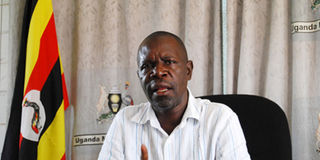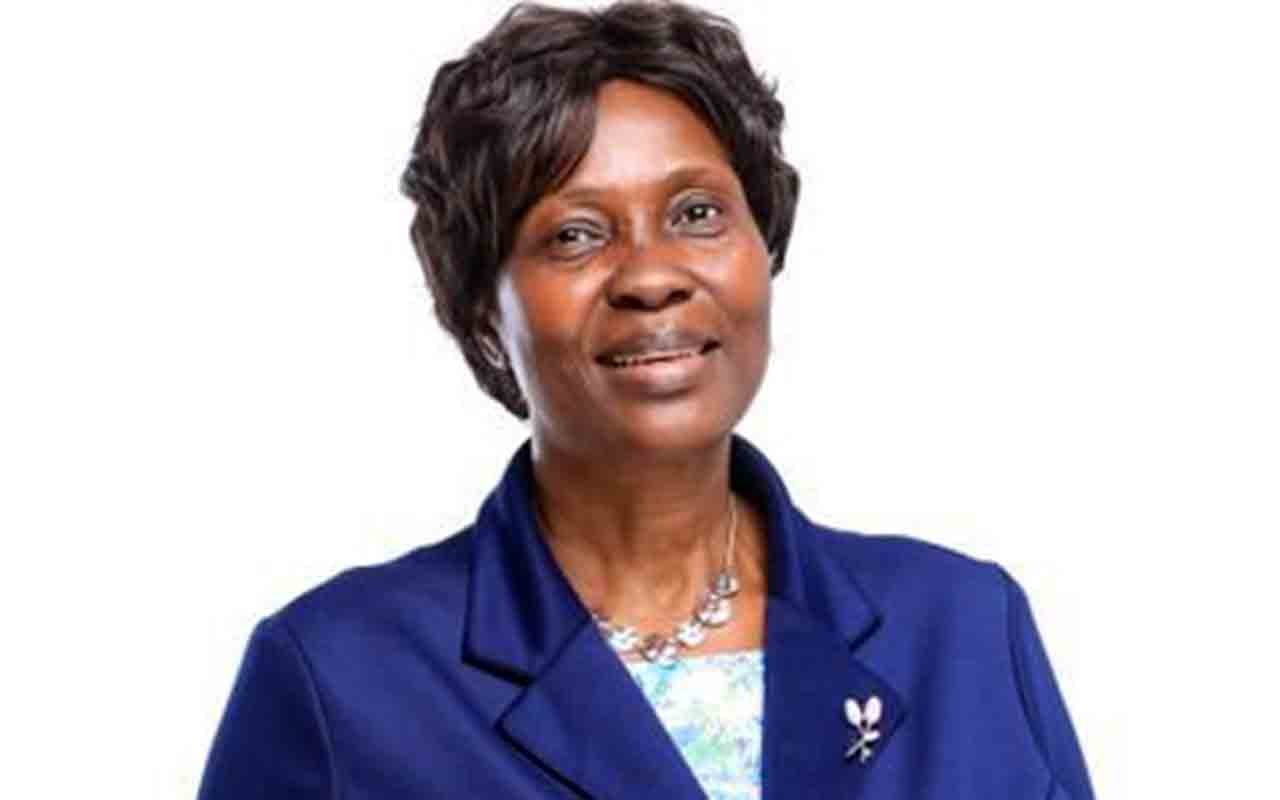We can do without donor funding, Opondo hits out

NRM deputy spokesperson Ofwono Opondo at a press conference at the Media Centre in Kampala recently. He says donor aid cuts may affect programmes in the short run but the economy would not collapse. PHOTO BY ISAAC KASAMANI.
What you need to know:
Officials say it is too early to quantify the impact of the aid cuts but government would ensure proactive and timely measures are done to correct the mistakes in OPM scam as it also engages donors in talks.
Kampala
Senior government officials yesterday expressed concern over the freezing of aid even as a senior ruling party official said Uganda can do without the foreign donor assistance.
Just four months into the financial year 2012/2013, one of Uganda’s largest bilateral donors, the UK has suspended all direct financial aid to Uganda because of the massive theft of public funds in the Office of the Prime Minister (OPM).
Four other European Union nations, Norway, Sweden, Ireland, and Denmark have also withheld billions of shilling in foreign aid pending the outcome of investigations into the abuse of Shs50 billion which was meant for post-conflict recovery in northern Uganda and Karamoja.
The World Bank also announced it was reviewing its development assistance to Uganda.
Responding to the aid cuts, the ruling NRM party deputy spokesperson, Mr Ofwono Opondo, said Uganda can do without donor funding.
“Uganda has always lived without donor money and we shall live,” he said on phone yesterday.
Whereas he acknowledged some donor-supported programmes may be affected in the short run, he was quick to add that ”the economy would not collapse”.
Shrugging off suspicions that the government was under siege, Mr Opondo said: “This is not the first time the donors are cutting aid. The NRM is not faint-hearted about their aid.”
Donors contribute at least 25 per cent of Uganda’s more than Shs10 trillion budget, most of which goes towards development expenditure.
The bulk of government 75 per cent contribution goes towards administrative costs like salaries for Members of Parliaments and State functionaries.
Contrary to Mr Opondo’s views, the Minister for the Presidency, Mr Frank Tumwebaze, last evening said the government was concerned about the freezing of the aid.
“Engagement with the donors is ongoing for them to understand that corruption is not being condoned by the government. People should know that the process of prosecuting the culprits in the Office of the Prime Minister was initiated by the Executive and we hope they understand this. The government is also taking people to court,” Mr Tumwebaze said.
The Finance minister, Ms Maria Kiwanuka, last week told MPs on the House Finance committee that the government was in talks with donors to unfreeze aid.
Mr Jim Mugunga, the spokesperson for the Privatisation Unit at the Ministry of Finance, yesterday confirmed there are various interactions taking place. “In these times of economic depression, the freezing of the donor aid will have an impact on the economy. However, it is too early to quantify the level of impact. Our aim is to ensure proactive and timely measures are taken to correct the mistakes associated with the incident in the OPM’s office and to ensure this does not happen again,” Mr Mugunga said.
Shadow finance minister Godfrey Ekanya said since donors gave money in foreign currency, there would be a shortage of foreign currency. “Most of the programmed activities will not be implemented due to lack of money especially in the social sector hence leading to poverty,” he said.
Some contracts will not be met hence contractors are likely to sue government. Other donors will pull out,” he said yesterday. According to WB, Uganda receives between $350-400 million in foreign aid annually, of which $100 million is direct budget support.
Sweden and Norway have been funding key initiatives in health care, democratic governance, including peace and security, private sector development schemes, research, water and sanitation and energy.




